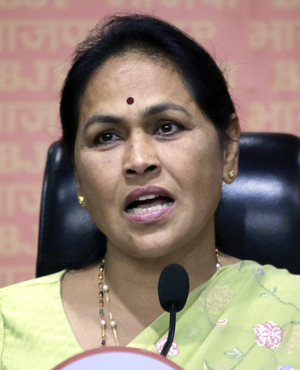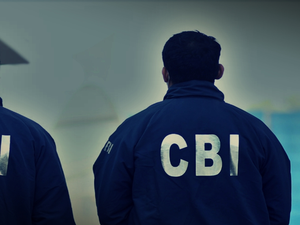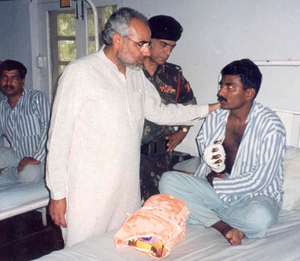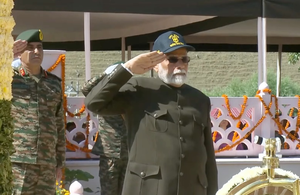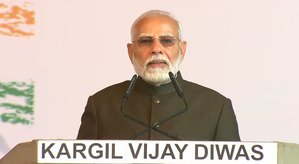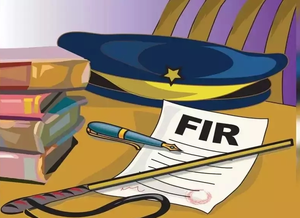
RIYADH,April 17 : In a significant diplomatic move, the Saudi Crown Prince has engaged in discussions regarding military escalation in the region with the President of the United Arab Emirates (UAE) and the Emir of Qatar. The meeting underscores the pressing need for coordinated efforts among regional leaders to address security challenges and promote stability in the Middle East.
Against the backdrop of complex geopolitical dynamics and persistent regional tensions, the dialogue between the Saudi Crown Prince and his counterparts from the UAE and Qatar assumes paramount importance. The discussions likely encompass a wide array of strategic issues, ranging from counterterrorism measures to responses to ongoing conflicts and potential military threats.
The involvement of key Gulf Cooperation Council (GCC) members – Saudi Arabia, the UAE, and Qatar – reflects a shared recognition of the urgent need for collaborative action in addressing security concerns. The Gulf region has been a focal point of geopolitical rivalries and conflicts, with various actors vying for influence and power. In this context, dialogue and cooperation among regional leaders are essential to mitigating tensions and preventing further destabilization.
The discussions are also indicative of a broader shift towards diplomacy and dialogue as mechanisms for conflict resolution in the Middle East. While military interventions have historically characterized responses to regional crises, there is growing acknowledgment of the limitations of such approaches. By engaging in constructive dialogue, leaders aim to find diplomatic solutions that prioritize stability and security for all stakeholders.
Furthermore, the inclusion of Qatar in these talks marks a significant development in the ongoing efforts to resolve the Gulf diplomatic crisis. The blockade imposed on Qatar by Saudi Arabia, the UAE, Bahrain, and Egypt in 2017 strained relations within the GCC and posed significant challenges to regional unity. The participation of Qatar in discussions on military escalation signals a potential thaw in relations and a willingness among Gulf states to pursue reconciliation and cooperation.
At the same time, the discussions highlight the complexities of navigating regional dynamics and balancing competing interests. While shared security concerns may serve as a common ground for cooperation, underlying tensions and divergent geopolitical agendas remain significant challenges to overcome. Achieving sustainable security in the region will require continued dialogue, confidence-building measures, and a commitment to inclusive and transparent diplomacy.
As the discussions between the Saudi Crown Prince, the UAE President, and the Qatar Emir unfold, the international community closely observes the outcomes and implications for regional security and stability. The willingness of Gulf leaders to engage in dialogue and cooperation sends a positive signal for the prospects of peace and security in the Middle East. By fostering mutual understanding and collaboration, regional stakeholders can work towards a future characterized by peace, prosperity, and shared security.


